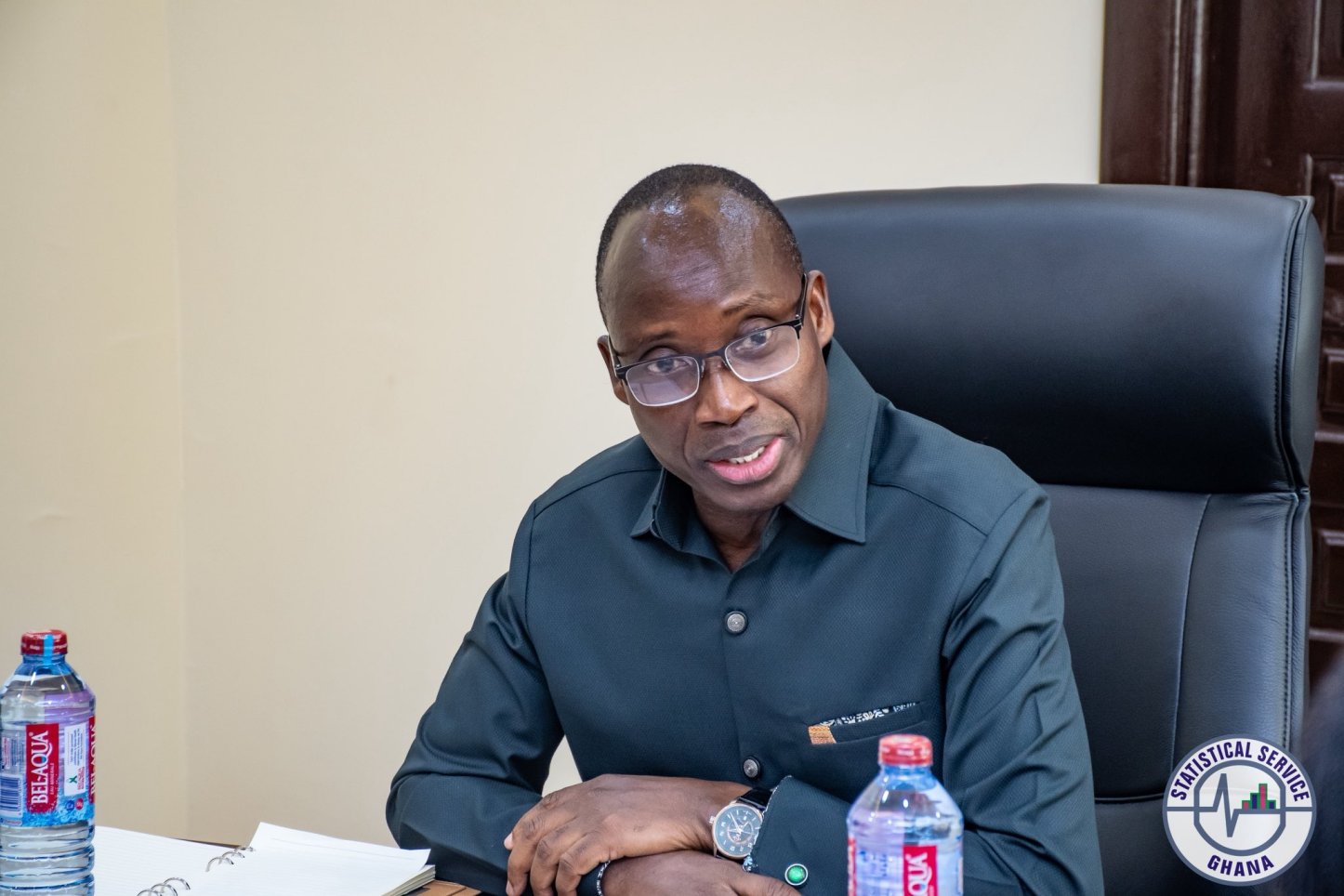Vice President Professor Naana Jane Opoku-Agyemang is advocating for sustainable funding for anti-corruption bodies in the country to shield them from undue political interference.
According to her, this will help enhance their independence and ensure they deliver on their mandate.
The Vice President was speaking at a High-Level Conference on Ghana’s Anti-Corruption Architecture in Accra on June 6.
The High-Level Conference, spearheaded by the African Union Advisory Board Against Anti-Corruption, is on the theme “Revitalising the anti-corruption architecture in Africa: Ghana’s accountability journey.”
In her address, Prof Opoku-Agyemang called for bold and systemic reforms to strengthen the country’s anti-corruption architecture.
“We must also ensure that we have sustainable financing for anti-corruption institutions to reduce influence and enhance independence,” she stressed.
She also threw her weight behind calls for a legal framework to hold both public and private officials accountable for unexplained wealth.
Reaffirming the Mahama-led administration’s unwavering commitment to fighting corruption, Prof. Opoku-Agyemang disclosed plans to lay the revised Conduct of Public Officers Bill before Parliament for consideration and debate.
“The launch of a comprehensive code of conduct for all presidential appointees establishes clear ethical standards from the highest levels of government. His commitment to reviewing the 1992 constitution to make it fit for purpose to meet our current governance challenges is yet another demonstration of the President’s commitment to the fight against corruption,” she stated.
She assured that the bill would reflect the contributions of key anti-corruption stakeholders to ensure its durability and effectiveness.
“The revised Conduct of Public Officers Bill will contain the views of civil society organisations, anti-corruption institutions, the media, the international community, and all relevant stakeholders to ensure that this bill stands the test of time,” she said.
“We must remember that corruption is not inevitable. It is a choice to prioritise personal gain over public good, short-term benefits over long-term development, and narrow interests over national progress,” Prof Opoku-Agyemang stressed.
‘’Let us recommit ourselves to this fight; to revitalize our institutions, strengthen our laws, empower our citizens, and work together across borders to build an Africa that is truly prosperous and peaceful—driven by its own citizens and guided by the principles of integrity, transparency, and accountability,’’ she noted.





















